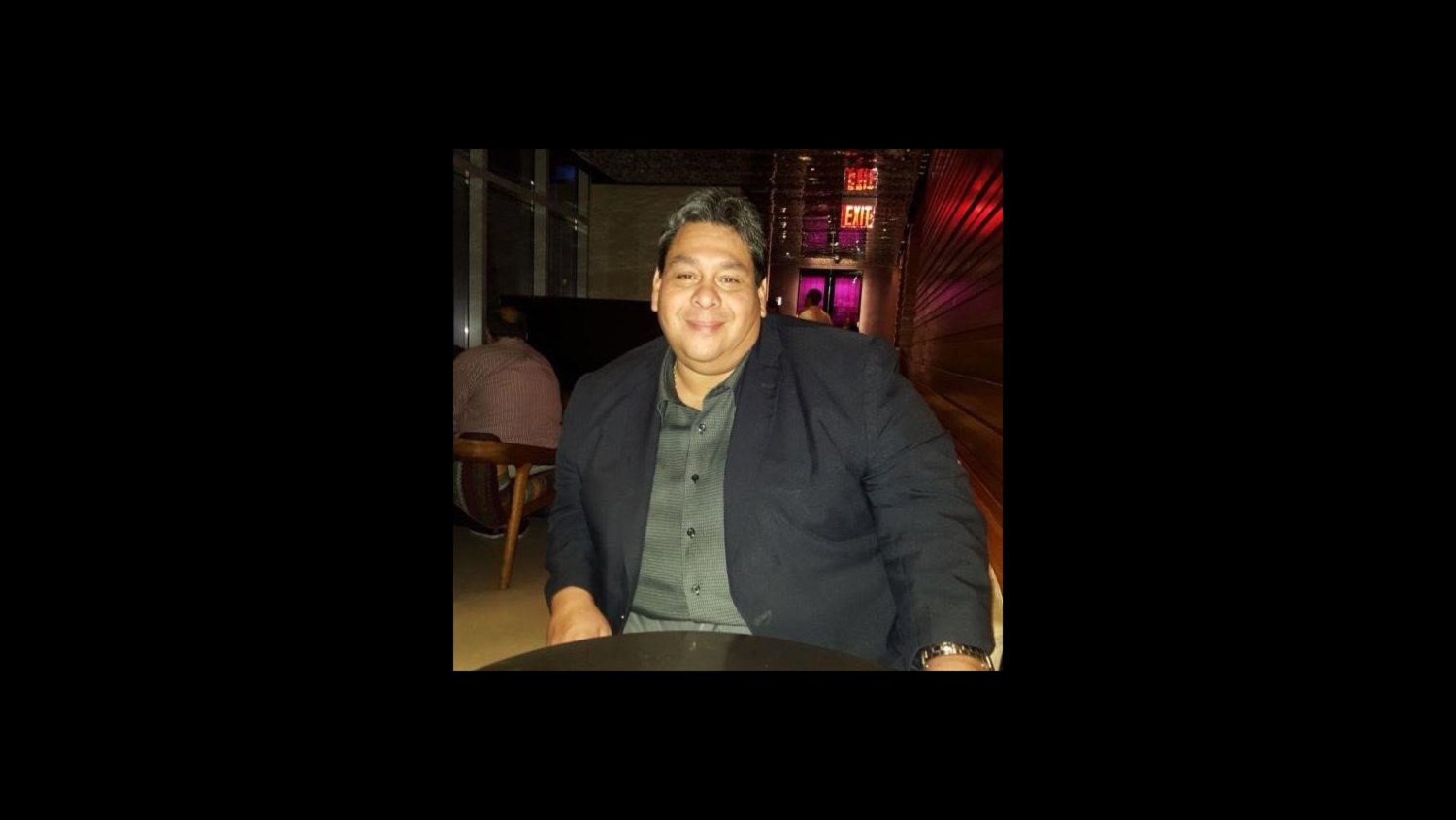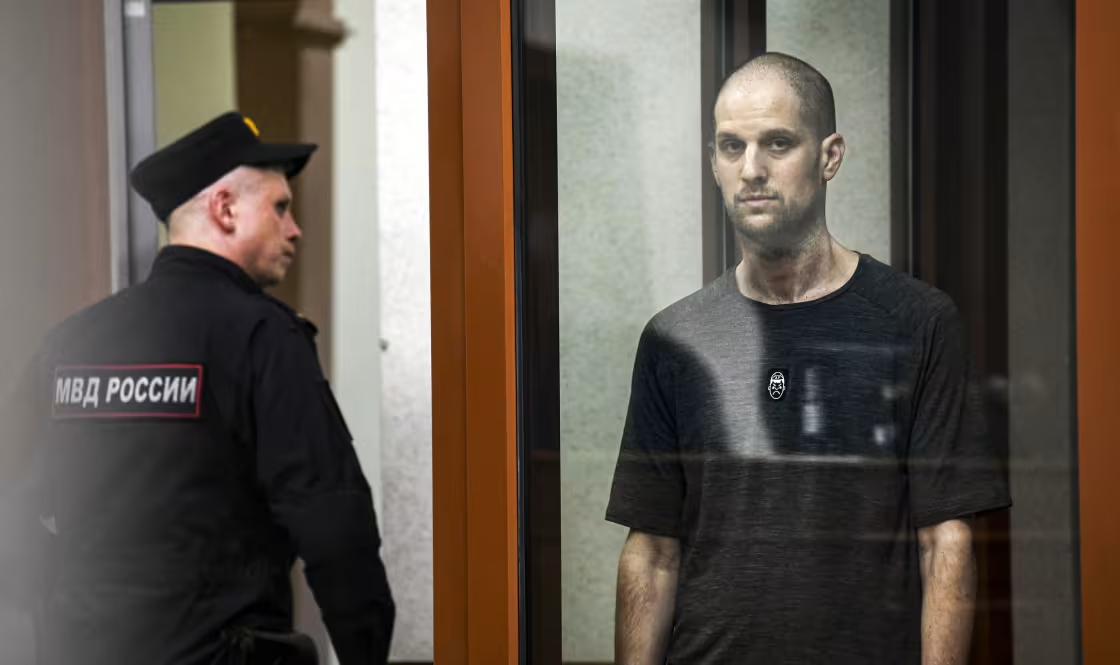By Jose Angel Pereira Ruiwmyk
Mr. Pereira was one of the CITGO6, who were wrongfully detained in prison by Venezuela for five years – November 2017 to October 2022
Thank you to the James W. Foley Legacy Foundation for allowing me to talk about hostage diplomacy from my point of view as a former hostage, in particular focusing on how this has become a national security Issue. I was fortunate to be released from captivity after five long years, but during that time, I lived through the terrible experience of witnessing the ongoing practice of “hostage diplomacy” from the wrong side of prison bars.
When I was taken hostage as a member of Citgo6, six oil executives of the Houston-based Citgo refining company, I was unaware that this was a worldwide issue. It wasn’t until I returned home and began to hear different stories, learning about other people who had been released, that I saw a pattern in all these cases.
In October 2022, three weeks after returning from captivity, I began researching and learning about “hostage diplomacy” I was invited as a guest to be interviewed by Daren Nair’s podcast, “Pod Hostage Diplomacy,” where I talked extensively about this growing phenomenon.
As I learned about more cases through the James W/ Foley Legacy Foundation, the Bring Our Families Home campaign and other national and international organizations, I realized that this is now a global threat as well as an urgent national security issue for the U.S.
American citizens are being taken not on the battlefield, but rather being kidnapped and taken as hostages by foreign countries that have issues with the U.S. This perverse “diplomacy” only happens because the hostages are Americans. We are being used as bargaining chips and political pawns in an attempt to influence U.S. policy against these hostile countries.
Today, anyone with an American passport can be targeted worldwide, and no one is safe. I was an executive with a major U.S. corporation who was kidnapped. Tomorrow it could be you or someone you love.
This phenomenon is repeatedly — a “copy-paste” technique, in effect — by many hostile foreign countries. Both the U.S. and European countries are targeted. The U.S. government must address this before more hostages are taken. We can also work with our allies and the rest of the world through the UN Security Council, Interpol and other international bodies.
Hostage diplomacy is a cruel and barbaric practice that violates all human rights. As a former hostage, I can tell you that being held captive is a traumatic experience that has lasting effects on both the hostage and their families. Lives are disrupted and destroyed as the families spend every day trying to bring their loved one home, not knowing who to turn to, not knowing what will come next.
As this inexcusable practice becomes more common, the U.S. and other governments need to establish strong deterrents and punishments, as well as immediate responses when a hostage is taken. International diplomacy is needed for countries to work together and to stop this practice before it becomes an even larger trend. Offenders need to know that the U.S. and the major powers of the world will respond vigorously and immediately if a hostage is taken, and that hostage-taking states will be treated as pariahs by the international community.
If this hostage diplomacy is not stopped, unfortunately, it will continue to occur, and the statistics that the Foley Legacy Foundation publishes in its yearly report will continue to grow exponentially. American’s will need to redefine the word “safe” when they are traveling abroad.
This is why it’s so important that we take action to stop this practice. Governments must be held accountable for their actions. The U.S. and the global community must work together to protect the rights of innocent people and ensure that no one is ever taken hostage again.
Our policymakers must make this a priority before it becomes uncontrollable. Responding when a hostage is taken is too late, especially when that response often involves a very slow process of old-fashioned diplomacy.
As a former hostage, I can tell you this issue is not just a matter of politics or international relations. It’s about human lives and the suffering of innocent people. We must all do our part to raise awareness about this issue. It is a cruel practice that is becoming increasingly prevalent, and it is something we must all take seriously.
Being a victim of “hostage diplomacy” is a harrowing experience that no one should go through. I hope my words have inspired you to act and make a difference in the lives of those still suffering in captivity. Let us work together to end hostage diplomacy and ensure no one is ever taken hostage.



